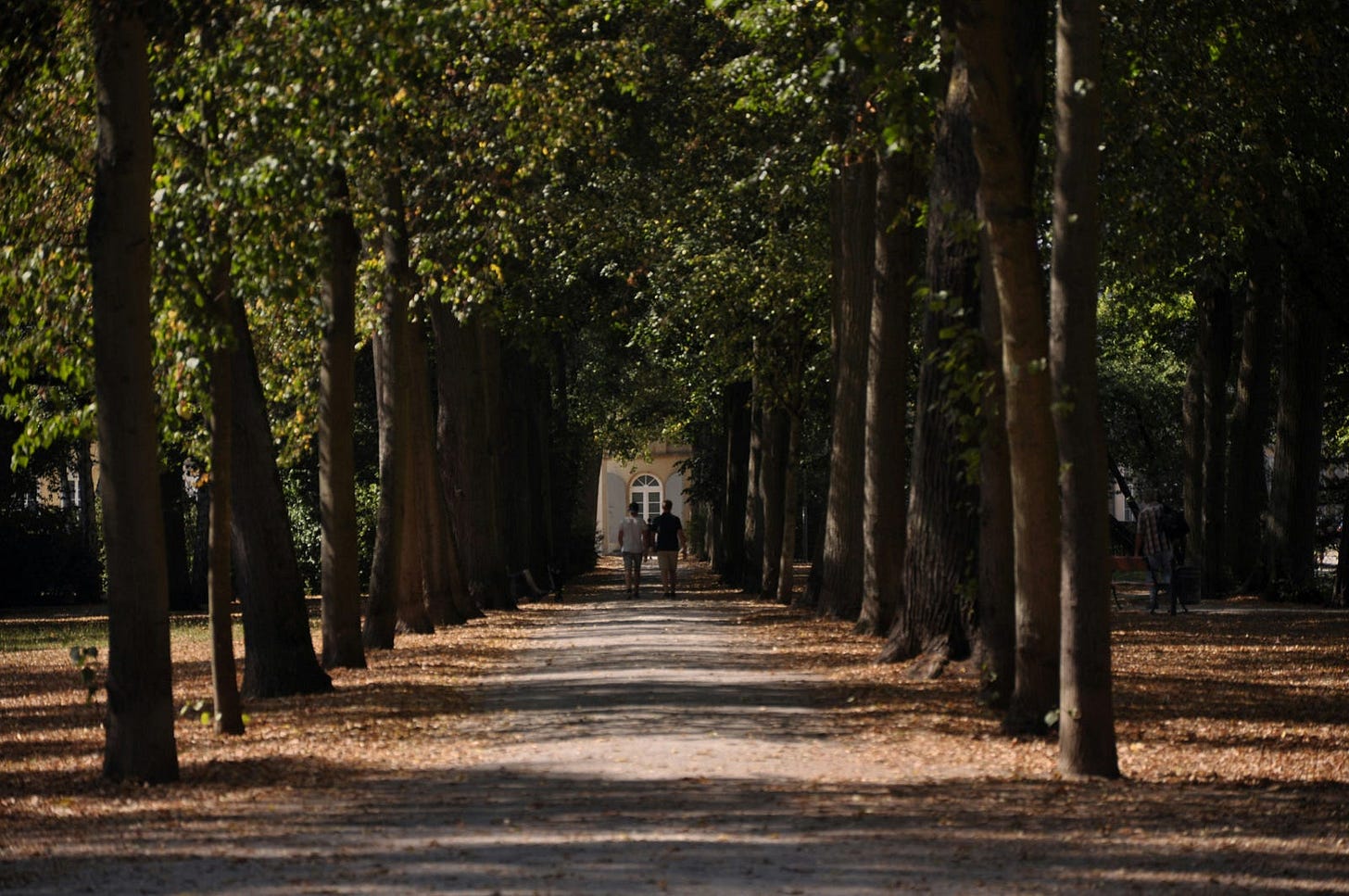Immanuel Kant: The Walker Who Revolutionized Philosophy
The German Philosopher Who Enlightened the World from Königsberg
If you enjoyed this post, please like it, restack it, and share it with your friends. Your support will help me reach new readers.
I am sure you have all heard of Immanuel Kant (1724–1804). Along with Georg Wilhelm Friedrich Hegel (1770–1831), Kant was the most influential philosopher of his time and a prime example of the European intellectual tradition.
I am also sure that you have already read explanations of his philosophy. Perhaps you have read some of his writings, which are difficult, a difficulty that paradoxically contributes to his fame.
In the following story, I would like to introduce you to who the philosopher Immanuel Kant was. After that, I will share with you some of the ways he has been received by famous philosophers who have dealt with his philosophy over the years.
My reason for proposing such an approach to Kant’s philosophy is simple:
What makes a philosopher like Kant important is not only what he said and wrote, or how he has been understood in the history of philosophy, but even more the way he was and is discussed by philosophers.
Thus, through a presentation of Kant, this story is an introduction to some of the more recent philosophical trends and debates.
The Reader, The Thinker, The Walker
Kant’s Early Life
Kant was born in 1724 to a modest family in Königsberg Königsberg, Germany, near the Baltic Sea in a region that is now part of Russia. He studied at the Collegium Fridericianum and entered the University of Königsberg at the age of sixteen.
There Kant received an education that included mathematics, physics, logic, metaphysics, ethics, and natural law. He became acquainted with Christian Wolff, whose interpretation of Leibniz’s philosophy was highly influential in German universities at the time.
After the death of his father, Kant had to interrupt his studies and worked as a tutor for wealthy families. It was during this period that he wrote his first dissertation: Thoughts on the True Estimate of Living Forces. Throughout this time he also wrote on a variety of topics as can be seen in his Universal Natural History and Theory of the Heavens and in his papers on the Lisbon earthquake of 1755.
From 1755 to 1770, unable to find a stable position, he became a lecturer at the University of Königsberg, paid not by the state but by his students; he was then something of a private lecturer teaching within a public structure.
In 1770, at the age of forty-six, Kant was finally appointed to the chair of logic and metaphysics, becoming a full professor, with a dissertation entitled On the Form and Principles of the Sensible and the Intelligible World.
Kant’s Mature Works
After eleven years of work, he published his masterpiece that revolutionized the theory of knowledge, the Critique of Pure Reason. This book initially met with little interest, prompting him to revise it and publish a second version in 1787.
He then published two additional critiques: the Critique of Practical Reason (1788), a broader discussion of topics in moral philosophy, and the Critique of Judgment (1790), on aesthetics and teleology.
He also authored numerous other influential study such as Toward Perpetual Peace (1795) and Groundwork of the Metaphysics of Morals (1785). Even lesser known, he also wrote about nutrition and extraterrestrial life!
From the beginning of his career, Kant was a popular teacher and quickly developed a local reputation as an intellectual in Königsberg society. Kant lectured on a wide range of topics, including logic, metaphysics, and ethics, as well as mathematics, physics, and geography.
Kant’s Lifestyle
Keep reading with a 7-day free trial
Subscribe to Philosophy and Beyond to keep reading this post and get 7 days of free access to the full post archives.




